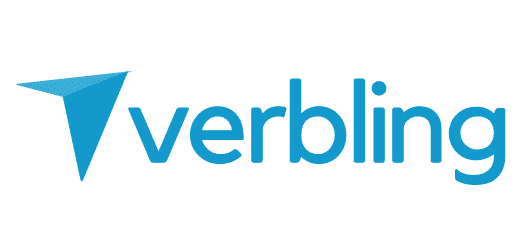How and Why well-funded Edtech Startups failed in India?
The Edtech sector in India has experienced rapid growth, with new startups being introduced frequently in recent years. This growth can be attributed to the increased usage of smartphones and the growing demand for online education. However, many Edtech startups are facing significant challenges, leading to the closure of numerous companies.
In 2022, several Edtech companies were compelled to make difficult choices. Lido, an Edtech company that provided live online tuition classes, had to close down in February 2022 due to a lack of funds. In April 2022, Unacademy laid off over 600 employees, followed by Vedantu, which laid off over 200 employees. Additionally, over 800 employees resigned from Byju’s Edtech startup within two months after being asked to work from the office. The Edtech industry also accounted for 40% of the layoffs in 2023. Byju’s is now involved in multiple bankruptcy cases in India and abroad.
Let’s delve into the factors that led to the downfall of these heavily financed Edtech startups.
Fierce Competition.
The Edtech sector market has become saturated with nearly 4500 Edtech startups in India. Many of these startups offer similar products and services which led to fierce competition. This increase in competition led to price wars and an increase in customer acquisition costs. Many startups invested heavily in marketing and advertising to reach potential customers, which strained their finances as acquisition costs often outpaced revenue growth, leading to unsustainable business models.
Regulatory Challenges.
The regulatory environment in India can be complex and unpredictable, with strict guidelines governing accreditation and quality assurance. Edtech startups often struggle to navigate these regulations, especially those offering formal degrees and certifications. Changes in these regulations can disrupt ongoing operations and increase operational costs. Failure to comply with these regulations could lead to various legal issues, making it challenging for startups to establish themselves in this oversaturated market.
Ineffective Marketing Strategies.
Effective marketing strategies are essential for Edtech startups to create brand awareness and establish themselves in the market. Many unsuccessful Edtech startups fail to invest in targeted marketing and communicate their value proposition effectively. In the Edtech industry, marketing should concentrate on developing relationships, demonstrating value, and creating a supportive learning environment. Authenticity and credibility are more important than flashy advertisements.
Conclusion.
Edtech is not a company or an industry but a powerful evolving concept. Despite countless failures in this sector, the future of Edtech is still promising, provided companies learn from past mistakes and address these issues through innovation, quality focus, regulatory compliance, and a commitment to user engagement.






